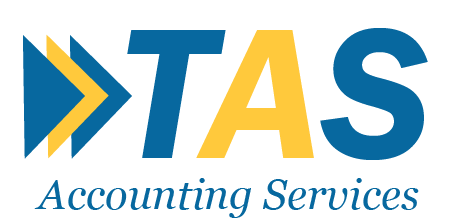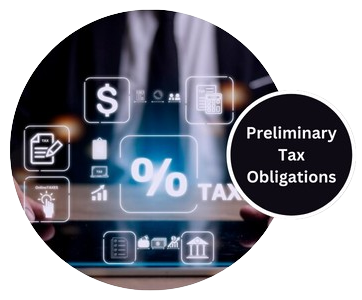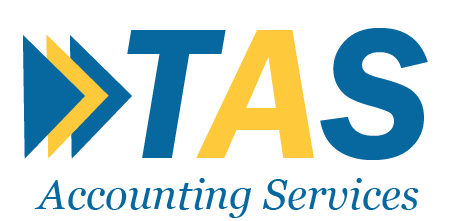Access to the EU Single Market
In comparison to other post-Brexit options like Switzerland or Norway, Ireland provides unparalleled ease of access to the EU Single Market. Companies operating from Ireland benefit from having zero restrictions on the free movement of goods, services, capital, and people within the EU. This advantage is crucial for businesses that rely on seamless logistics and supply chain operations, making Ireland an optimal choice for financial services, tech companies, and manufacturing firms alike. Furthermore, unlike Norway, which is subject to certain EU regulations without having a say in their formation, Ireland as an EU member has a seat at the decision-making table, giving it a voice in shaping policies that directly affect its industries.
Regulatory and Legal Stability
Ireland’s adherence to EU regulatory standards ensures that businesses operate under a stable and predictable legal framework. This stability is particularly significant for financial services firms that must navigate complex regulatory landscapes. Unlike the more fragmented regulatory environments of countries outside the EU, Ireland offers a consistent set of rules, thanks to its EU membership. Additionally, Ireland’s legal system is based on common law, akin to the UK, facilitating smoother transitions for UK-based firms. The country’s commitment to upholding the rule of law further strengthens its reputation as a secure and reliable jurisdiction for business operations.
Skilled Workforce
Ireland’s strategic investments in education and training produce a workforce with high levels of competence in finance, technology, and business management. Dublin, as a financial hub, is home to numerous international banks, asset management companies, and financial technology (fintech) firms, creating a dynamic ecosystem where talent and expertise thrive. The presence of globally renowned universities and industry-specific training programs ensures that businesses have access to a steady stream of well-qualified graduates and professionals. This skilled workforce is not only capable of meeting current organizational needs but is also adaptable to future industry trends and technological advancements.
Favourable Corporate Tax Regime
Ireland’s corporate tax regime is designed to attract and retain global businesses. In addition to the attractive 12.5% corporate tax rate, companies can benefit from several other tax incentives. For instance, the Research and Development (R&D) Tax Credit allows companies to claim a 25% tax credit on qualified R&D expenditure, promoting innovation and technological advancements. Furthermore, the Knowledge Development Box (KDB) offers a reduced tax rate of 6.25% on income generated from intellectual property, incentivizing the creation and commercialization of IP within Ireland. These tax incentives, combined with Ireland’s extensive network of double taxation treaties, create a highly favourable tax environment for businesses.
Furthermore, Ireland’s holding company regime is another attractive feature for multinational corporations. This regime allows qualifying holding companies to receive dividends from subsidiary companies tax-free, and in some cases, also benefit from exemptions on capital gains tax on the sale of shares in subsidiaries. These provisions make Ireland an ideal base for global operations and corporate structuring.
The Employee Share Option Scheme (ESOP) is another advantage. It provides tax relief to employees on the gain realized from the exercise of share options, promoting employee ownership and aligning employee interests with those of the company. This, combined with other employee incentive schemes like the Key Employee Engagement Programme (KEEP), helps attract and retain top talent in the workforce.
Ireland’s extensive network of over 70 double taxation treaties is also crucial in minimizing the tax burden on international business operations. These treaties help prevent the same income from being taxed in two different countries, offering relief and securing a more predictable tax environment for global businesses.
Overall, Ireland’s multifaceted tax regime not only minimizes tax liabilities but also encourages investment, innovation, and international expansion, making it a highly advantageous location for businesses seeking sustainable growth.
Global Business Environment
Ireland’s pro-business policies, combined with its strategic location at the gateway to Europe, make it an attractive destination for international companies. The country’s membership in international organizations such as the EU, OECD, and WTO, reinforces its position as a key player in the global market. Ireland’s robust infrastructure, including world-class ports, airports, and digital connectivity, supports efficient business operations and international trade. Moreover, the government’s support for entrepreneurship and innovation through grants, funding, and collaborations further bolsters Ireland’s reputation as a vibrant and competitive business environment.
Financial Sector Expertise
Ireland’s robust financial sector is bolstered by a deep pool of expertise and a highly supportive regulatory environment. Dublin, as a prominent financial hub, hosts a concentration of leading international banks, insurance companies, asset managers, and fintech innovators. This clustering of financial services fosters a synergistic ecosystem where knowledge, resources, and best practices are continuously shared and developed.
The country’s financial sector is not just limited to traditional banking and insurance; it also encompasses a thriving fintech industry. Ireland is a hotspot for fintech companies that are revolutionizing the future of financial services through advanced technologies such as blockchain, artificial intelligence, and big data analytics. The government’s proactive approach in fostering innovation, coupled with initiatives like the Fintech Innovation Hub and various accelerator programs, ensures that Ireland remains at the cutting edge of financial technology.
Moreover, Ireland’s membership in the EU guarantees that financial institutions operating here have access to the European Single Market, enabling them to offer their services across all EU member states with relative ease. This is particularly advantageous for companies looking to scale their operations across Europe without facing significant regulatory hurdles.
Ireland’s financial services sector is also supported by a sound legal framework, which offers robust investor protection and adheres to global standards. This ensures a high level of confidence among international investors and promotes greater foreign direct investment in the sector. Additionally, regulatory bodies such as the Central Bank of Ireland diligently oversee the stability and integrity of the financial system, ensuring compliance with stringent EU regulations while also fostering an environment conducive to growth and innovation.














